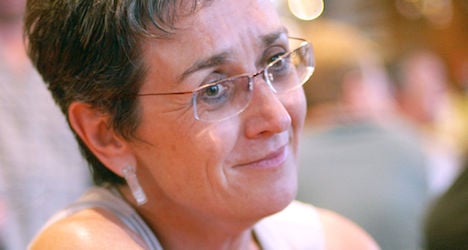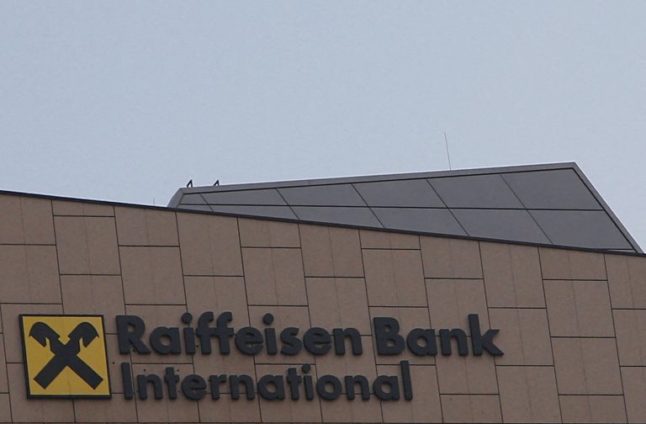An unknown assailant sprayed butyric acid at the politician as she was giving an interview on the sidelines of the parade. Lunacek and the interview team were not injured.
The acid damaged the Greens MP's clothes and the camera equipment. According to police spokeswoman Barbara Riehs, the acid caused around €50,000 worth of damage to the electronic equipment. The attacker had not yet been found on Sunday.
"Never before has there been an attack at the Rainbow Parade," said Lunacek at the end of the event at Vienna's City Hall. These kinds of isolated cases showed that the fight for tolerance, acceptance and respect in Austria was not over. People who spread fear and hate needed to be opposed, she added. Homosexuals and transgender people needed to combat fear and show that they were not only part of society, but at the centre of it, said the EU MP.
The attacker was wearing a white polo shirt, had dark hair and according to police, "a rather solid stature."
Around 150,000 people took part in the parade, making it the most successful one to date, said organiser Christian Hoegl from the Homosexual Initiative (HOSI) Vienna. The parade was held on the Ring, which encircles Vienna's historic centre.
A fundamental Christian counter-demonstration called "March for the Family" took place near St. Stephan's cathedral in central Vienna. The approximately 50 demonstrators were met by another counter movement under the motto of "Love Sexuality – Fight Sexism". The 200 protesters blocked the fundamentalists, who march against the Rainbow Parade every year. Five of the pro-parade demonstrators were arrested.
Butyric acid has a powerful odour. According to Wikipedia, the substance has also been used as a stink bomb by the Sea Shepherd Conservation Society to disrupt Japanese whaling crews, as well as by anti-abortion protesters to disrupt abortion clinics. Butyric acid is rated as a toxic substance by the US EPA.



 Please whitelist us to continue reading.
Please whitelist us to continue reading.
Member comments